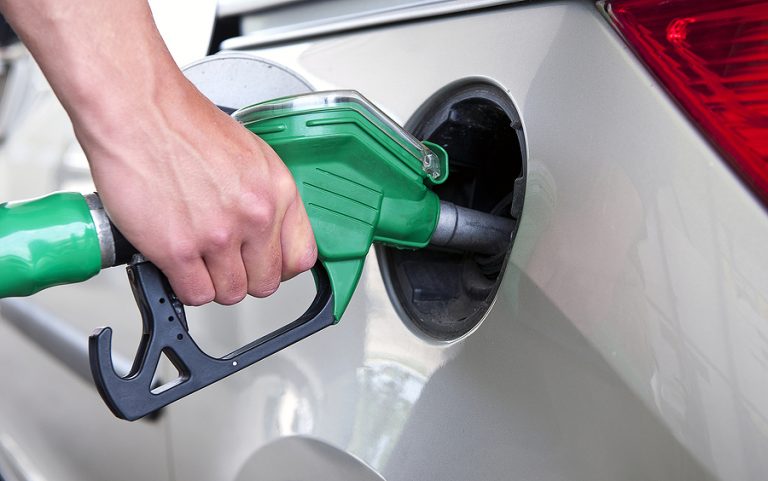The implications of increased ethanol levels in pump petrol for classic and vintage vehicles have been a source of much discussion in the last few years, as the standard fuel system of older models isn’t set up to cope with its effects for the most part. Specialist suppliers of lubricants, coolants and more, Wexford-based Liquid Technology Ltd are well up to speed on these issues, and proprietor Peter Kendrick has identified the following points of note:
– Ethanol is one-third less powerful when burned than petrol. This has a negative impact on the mileage and octane rating.
– Ethanol is “hygroscopic”; that is a fancy way of saying it easily absorbs water. In fact, ethanol is so attracted to water that it absorbs water vapour in the form of humidity from the air. This water leads to condensation in fuel tanks, fuel lines and carburettor fuel bowls. The high content of water in E10 fuel also will swell the paper media found in fuel filters not designed especially for flex-fuel operation.
– Water in fuel systems also leads to water contamination and/or fuel phase separation. If contaminated or separated fuel gets into the engine, serious and sometime irreparable harm occurs.
– Petrol mixed with ethanol has a shorter shelf life, and goes stale quickly.
– Ethanol is highly corrosive. It helps rust to form wherever air meets metal, once submerged in it. Ethanol is also a solvent and will disintegrate fibreglass, plastic and rubber.
– Ethanol-based petrol is seriously affecting small two- and four-stroke engines such as lawn mowers, chain saws, strimmers, scooters and motorcycles.
“It cannot be stressed strongly enough the problems and damage that modern ethanol based fuels are causing to vintage and classic engines – that would be engines from 1995 backwards” Peter continues. “Petrol is not a single substance; it is a mixture of many different hydrocarbons and additives. This mixture is very different from that supplied in the past, changing petrol’s physical properties and the way it behaves in an engine. One change is a difference in volatility. which appears to be the main cause of the difficulties some people encounter using modern fuel in their classic cars, namely overheating and hot restart problems. In years gone by, when driving in slow-moving or stop-start traffic the temperature gauge would slowly creep up, and as it reached 100 degrees C the water would start to boil and the engine misfire, eventually coughing and spluttering to a stop. With modern petrol this can happen long before the temperature gauge reaches 100 degrees C, occurring when the engine temperature is still well within its normal range. With a warm engine, after stopping for five minutes or so the engine will refuse to restart; wait for fifteen or twenty minutes and the engine restarts within any difficulty. Both of these problems are caused by the low boiling point of modern petrol. Up to this point, in Ireland petrol contained 5% ethanol, and it is now changing to 10% in the near future, if not already. This level of ethanol will seriously damage any older engine; it will corrode all traditional fuel lines made of brass, copper or rubber, unless the rubber has been upgraded to deal with unleaded fuels. It also degrades aluminium in carburettors and pistons.
“Don’t think that you can run without the correct additives. You can’t! It is essential that the correct fuel additive is used that has lead replacement, increases octane and has e-guard ethanol protection. There are few products on the market that do all of this, the first being TetraBoost E Guard 15 – this makes real leaded high-octane fuel and is used widely in classic racing and high-performance road cars. The second product is Millers VSPe Power Plus, which is a lead replacement, octane booster and ethanol guard; a very popular additive that’s been around for quite a few years, it works very well and is easy to use. Another product to keep your engine running cool is Evans Waterless Coolant, which significantly reduces your running temperature and stabilises it at the normal level. Evans Classic Cool 180 does not boil, unlike water-based coolants, and stabilises the temperature and stops the initial increase in temperature after shutdown. It is also a good idea to upgrade your rubber fuel lines to ethanol-proof rubber.”
For further information on the above products, or to order for delivery quickly anywhere in the country, call Peter at Liquid Technology on 089 4486626 or log onto www.ltl.ie.


